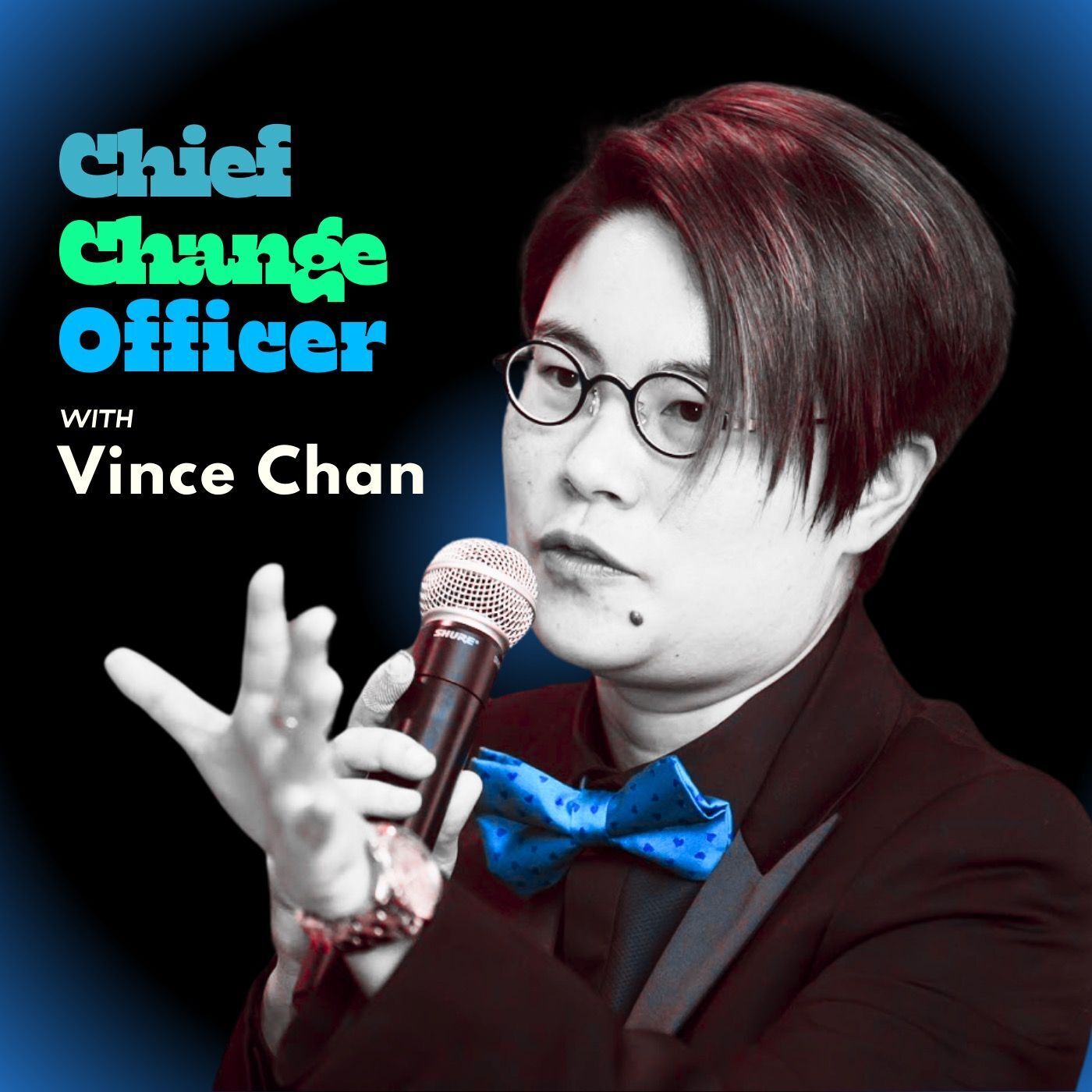#394 Rebecca Sutherns: Career on Her Terms—From Global Aid to Solopreneur Strategy — Part Two
Rebecca Sutherns didn’t follow a straight path—and she’s the first to say that’s the point. As a strategy coach and solo entrepreneur for 27 years, she’s helped leaders rethink what’s next while doing the same for herself. In this two-part series, we talk about work-life trade-offs, momentum, and why imagining your future might be the most strategic thing you’ll do.
If you’ve ever hit pause or felt stuck in place, this one’s worth a listen.
Key Highlights of Our Interview:
Midlife Isn’t a Crisis—It’s a Cue
“I wasn’t burning out, but I could tell I was flatlining.”
How Rebecca used a sabbatical to catch up with herself—not because she broke, but because she was ready for something deeper.
What Comes After ‘I’ve Got This’
“I kept getting hired for things I could do in my sleep. That’s when I knew it was time to stretch again.”
The danger of being competent—and the invitation to do more than just deliver.
Stop Filling Gaps You Don’t Want to Own
“I could solve the problem, but that didn’t mean I should.”
Why she stepped back from team leadership roles—even when others saw it as a step up.
Sabbatical as Prototype
“It was a test. Could I shift the pace and still be useful?”
Why her sabbatical wasn’t a break from work—it was a strategic experiment in working differently.
A Career Built Like a Hammock
“The structure holds me, but it flexes.”
Her metaphor for a work life that stretches without snapping—anchored but adjustable.
_________________________
Connect with us:
Host: Vince Chan | Guest: Rebecca Sutherns, PhD, CPF
--Chief Change Officer--
Change Ambitiously. Outgrow Yourself.
Open a World of Expansive Human Intelligence
for Transformation Gurus, Black Sheep,
Unsung Visionaries & Bold Hearts.
EdTech Leadership Awards 2025 Finalist.
20 Million+ All-Time Downloads.
80+ Countries Reached Daily.
Global Top 1% Podcast.
Top 5 US Business.
Top 1 US Careers.
>>>180,000+ are outgrowing. Act Today.<<<
See Privacy Policy at https://art19.com/privacy and California Privacy Notice at https://art19.com/privacy#do-not-sell-my-info.
Press play and read along
Transcript
Transcript is processing—check back soon.





